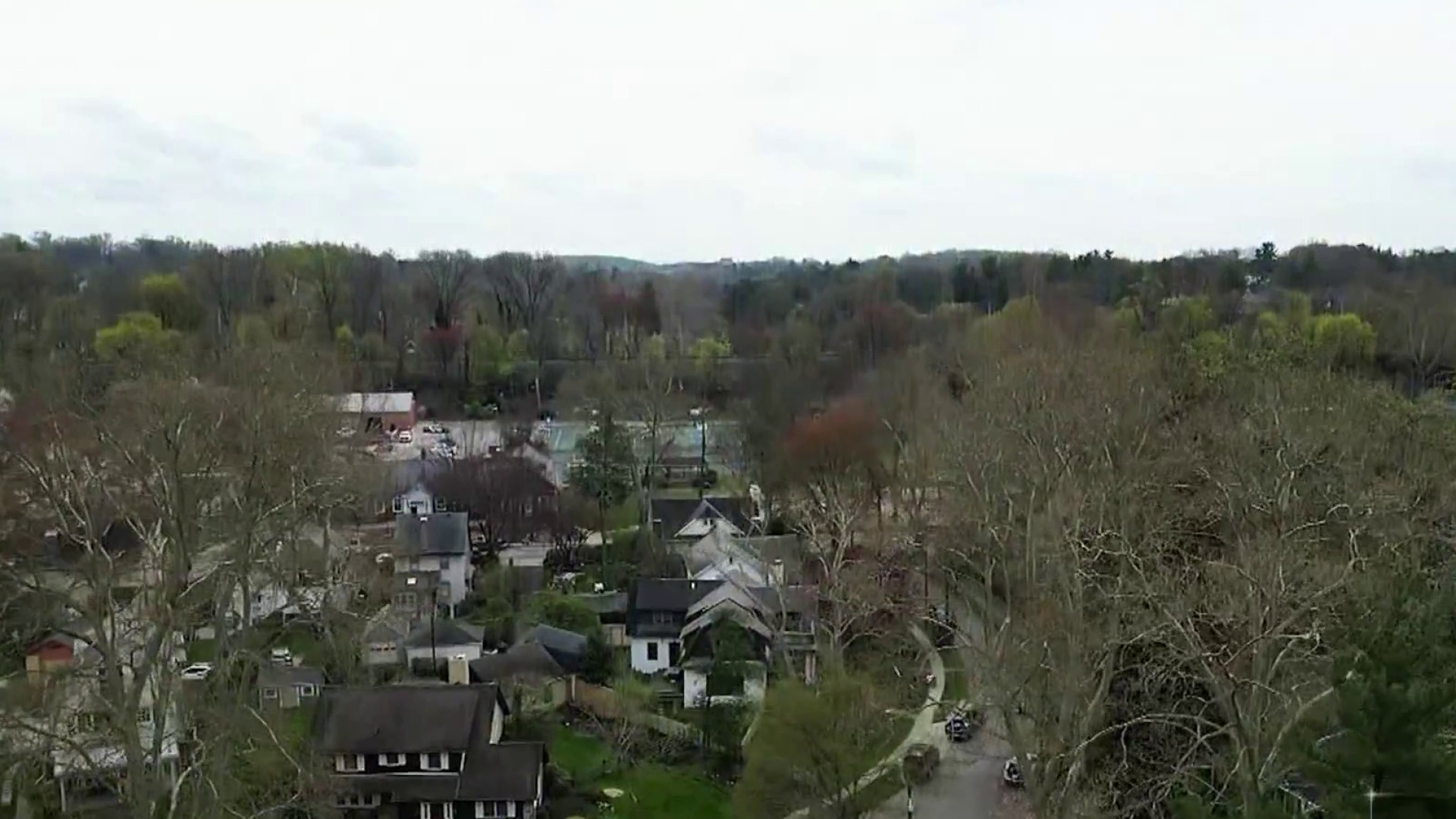It's not an insect, but it does emit an annoying, high-frequency buzzing sound that -- if you're young -- will make you quickly turn away or at least think twice about doing anything illegal to property.
The device is called the Mosquito, and some Philadelphia city officials say it could be the next big thing for preventing loitering, trespassing and other random acts of vandalism in city parks and buildings.
According to Moving Sound Technologies (MST), the company that manages distribution of the device in the North American region, the Mosquito is an electronic sound device designed to annoy anti-social youth by emitting a noise that can only be heard by individuals between 13 and 25 years of age.
Michael Gibson, president of MST, said those older or younger than the targeted age are oblivious to the sound thanks to a simple part of the human anatomy: ear hair cells.
"When you’re born, you have a lot of hair cells in your ear and as you grow older, these cells actually die and fall out. So, when they fall out, your frequency range starts to decrease," he said.
"So, for example, if you had a mosquito above your head in summer camp when you were younger, you could hear it, but now when you’re older, you might not even hear it until it bites you. The 13-25 year old is what it focuses on, but some people age 40 might hear it simply because they've aged differently. But the majority of people outside of that age range won’t hear it."
According to Gibson, the sound that radiates from the device -- a very high-frequency modulated sound at 17.5 to 18.5 kilohertz -- is perfectly safe and poses no threat of damage to a person's hearing, even with long-term exposure.
Local
Breaking news and the stories that matter to your neighborhood.
The Mosquito is now being used nationwide by numerous convenience stores, fast food restaurants, school districts and city agencies.
Here in Philadelphia, the Department of Recreation has been using the devices for more than two years.
First Deputy Commissioner Susan Slawson says a total of four devices have been installed in Philadelphia recreations centers. The first was installed at the Chalfont Playground in the Northeast section of the city.
The devices are typically activated after the recreation centers close at around 10 p.m., and so far, they have been successful in preventing loitering around center facilities, according to Slawson.
"It’s only sensitive to the ears of young people and the intent is--when curfew kicks in for people 18 and younger--to prevent vandalism, graffiti and violence in and around our facilities," she said.
"We have them turned on and it definitely does deter that kind of activity. At Chalfont we have security cameras as well. While one has nothing to do with the other, we’ve actually been able to look at the security cameras since we've had the Mosquito devices and we don’t see those young people hanging around after hours. They actually leave."
Gibson said the Mosquito devices also help the entities that use them to save money by reducing the need for costly graffiti removal and vandalism repairs. Each Mosquito device costs $1,150 or less for organizations that purchase the devices in bulk.
According to Gibson, the cost of the device is a lot cheaper and more efficient than hiring a security guard, and may even help to keep young people safe.
Slawson agreed with Gibson's assessment.
"It's really a great thing for the community and also good for the teenagers because if it’s a school night and you’re hanging around the rec center, when you hear that noise, you’re gonna go home. So, it's beneficial in more ways than just preventing vandalism and violence; it protects the kids," she said.
Seeing success in the device's use at parks like Chalfont, Slawson says several council members are considering investing in having Mosquitos installed in their district's recreation centers.



